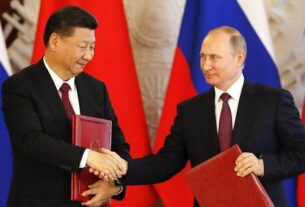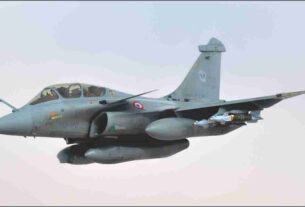Russia-India payment dispute on several defence deals
Although India and Russia are traditional friends and have a strong defence ties for decades, now both sides are feeling disenchantment over payment dues and Liquidity Damage (LD) claims which can hold several defence deals into ransom.
Russia has demanded that India should urgently clear payment worth USD 700 million to meet industrial requirement if it wants defence projects and equipment deliveries to fructify on time and all other agreed principles to be met as per the deadline.
Russian government is worried over the late payment for the defence deals signed between India and Russia as the sanctions imposed by the West against Moscow over Ukraine crisis is a problem.
Although India is willing to pay Russia for few ongoing defence deals both sides have agreed, the new payment demand from Russian side over some services and refurbish equipment may be hit hard if an amicable solution is not found soon.
Indian government sources said that India is trying hard to find a solution since the amount is a big one and cannot be transferred by a third country or any other means to meet Moscow’s demand of immediate payment.
In this case, Russia used to have upper hand till yesterday but the imposition of sanctions by the US and the West has crippling impact on Russian economy which has seen heavy inflation and Russia’s massive BoP crisis in recent months.
Now for past few weeks Russia has been sending urgent calls for clearance of defence deals to India as New Delhi will have to pay billions of dollars of payment to Russia due to defence contracts for equipment, platforms and services.
But Indian government which does not adhere fully to US sanctions cannot pay Russia directly by using either Euro or Dollar since the sanctions are in full force.
This is going to be a major problem in future as well but we do not know how to overcome such demands from Russia which is facing a crashing economic impact, said a government official.
Although India and Russia have been working on such issues bilaterally and multi laterally, the urgent payment request with a threat can be disastrous.
Both sides had agreed to go for barter and Rupee-Rubble trade which can meet Russian demands but Moscow is unhappy that New Delhi should not resort to fully making all payment in local currency.
Since all deals were earlier negotiated in USD, now the payment cannot be made in other currency. Russia has also developed a sense that India may get extra advantage by paying in Rupee trading which can further damage Russian defence industry and economy.
For example, INS VIkramaditya project will be further hit hard since Russia itself is paying in USD to other suppliers for material sourcing but it receives payment from India in local currency then Moscow can lose out precious foreign exchange reserve.
Russia has already clarified that it cannot meet project deadlines as domestic inflation is expanding and there is no stability in the offing which can ensure project guarantee.
Last year, the average currency rate was 22 Rubble against 1 USD but now it is 60 Rubble against 1 USD. The fear is it may plunge further down.
On the other hand, India which normally avoids imposing LD against Russian companies in any defence deal, is keen to do so against Gorshkov and stealth frigate deals.
That has also further angered Russian government which is facing mounting international and domestic pressure.




